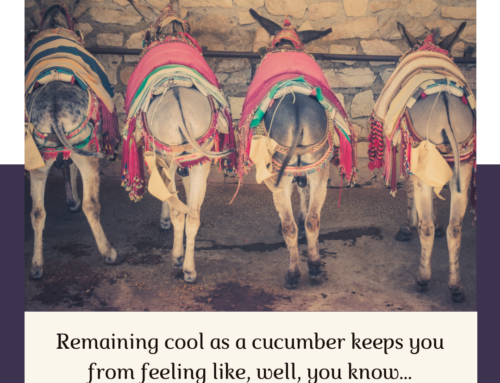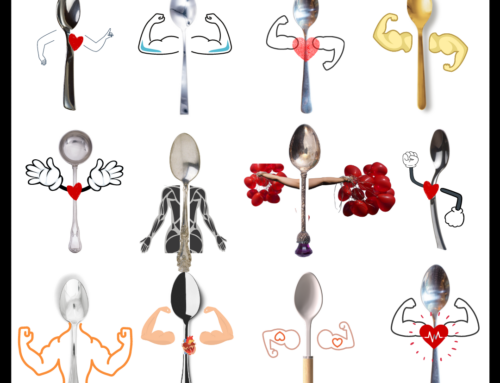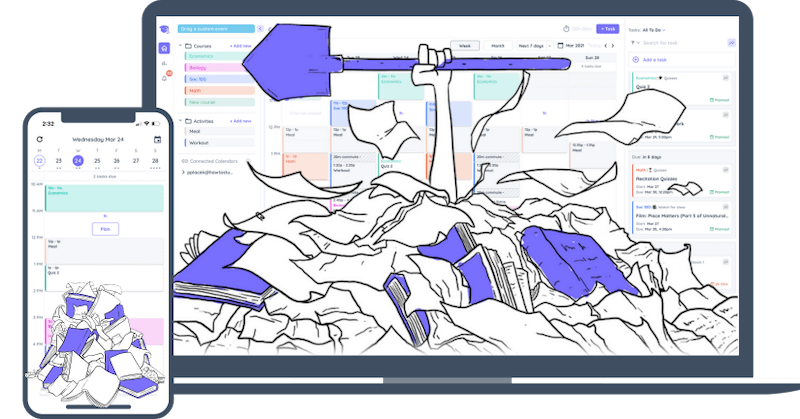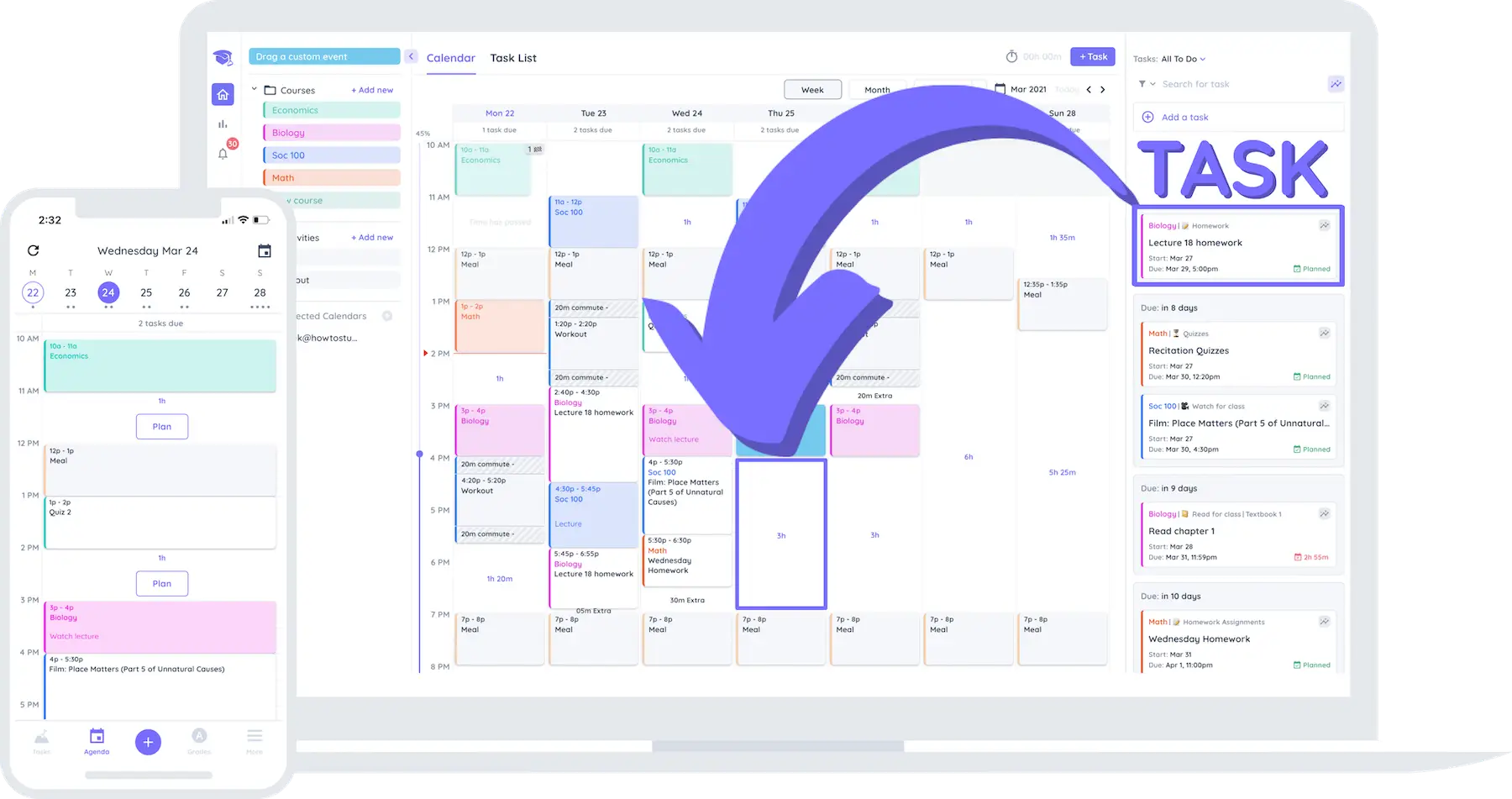So. How did your goal-setting conversations go, everyone?
Anyone?
Okay, I’ll start: mine were…so-so.
I talked with each kiddo separately and asked them to answer some written questions. My twelve-year-old did the most comprehensive thinking. The ten and seven-year-olds sat next to each other and wrote down the same answers for the most part. Ha! But it’s a start—a data point. And that’s what we’re all about, right? The most important part of this week is that we had conversations that showed them I’m interested in each of them for their own sakes and not for mine. I’m listening. I want to know who they are and what they like and don’t like…and what they’re drawn to do naturally.
The ever-present teacher in me is looking at this like the blind ACT pretest—Yellow Parachute’s first step in any student/coach match because great minds don’t think alike. It’s about the customization right? So. I’m customizing with my own!
The two questions that got the most meaningful responses from all three of my kids were:
- What do you like to do without being asked?
- What interests you when it comes to learning?
The first question gave them permission to say, “get off my back about this.” And they took it seriously! And the second gave them a chance to say, “I like this about learning…here’s where I’m curious.” I gained a lot of insight from their responses. So that’s where we’ll start this week.
Research says that our kids will push back—some more than others—when it comes to executing the plan or doing the things they have to do in life that may seem boring, without purpose, hard, or tedious. BUT doing these things and learning how to push through builds some of the most important skills and core values that our kids will take with them into healthy adulthood.
Let’s call them the old-fashioned values of self-discipline, commitment to goals, the ability to sacrifice momentary pleasures for the greater rewards of tomorrow, independence and motivation, moral responsibility, cooperative effort, trust, the capacity to govern oneself, and commitment to family and developing one’s own unique talents and gifts. Whew, that’s quite a list. (For those of you who have glanced at our SOS curriculum, you’ll notice some distinct similarities in executive functioning skills. Pretty cool parallels!) But time and time again the experts have found, as quoted here by Michael D. Whitely, Ph.D. in his book Bright Minds, Poor Grades, “The true emotional power of work is to make life meaningful for the individual and his community.”
This could be one of the most important pieces we teach our kids as we prepare them for jobs that don’t even exist yet. But the key is teach—or better yet, coach. As adults, we’ve lived long enough to be able to see the way things that felt crummy in the short-term can work out in the long-term. Our kids look at these things right now and see them as simply hard. Our goal is to help them uncover their ability to power through Hard Things, which will build their confidence for when the next Hard Thing. And how best to start? Help them get to know themselves—who they are and what makes them tick. For them, not for us.
If you follow our YP Facebook Page, you’ll have seen a recent picture of my daughter celebrating her swim-test-pass at Lifetime Fitness—the test that gives kids the freedom to roam the pool area without an adult tethered 10 feet away. The yellow bracelet raised high above her head and smile on her face symbolizes six tries—six, folks—in three separate pool visits. It celebrates my opportunity to coach her through her next try after validating her effort. Data points. Learning. Small steps. Progress. Success. Celebration. It all fuels the fire!
Here’s my plan for the week:
- Revisit the questions I asked from last week, filling out my own version for each kiddo. I’ll share a printable version in case you’re interested in following along or using it with your own. My kids are 12, 10, and 7, so you’ll want to adjust the questions to suit the ages of your own kids.
- Have short, meaningful conversations—10 minutes max—with each about her or his answers, and any insights or follow-up questions I might have.
- Go to the library to get books on what they’re curious about learning.
That’s it! Join me please! And please share your stories in comments on the blog or our Facebook page.
-Cara









